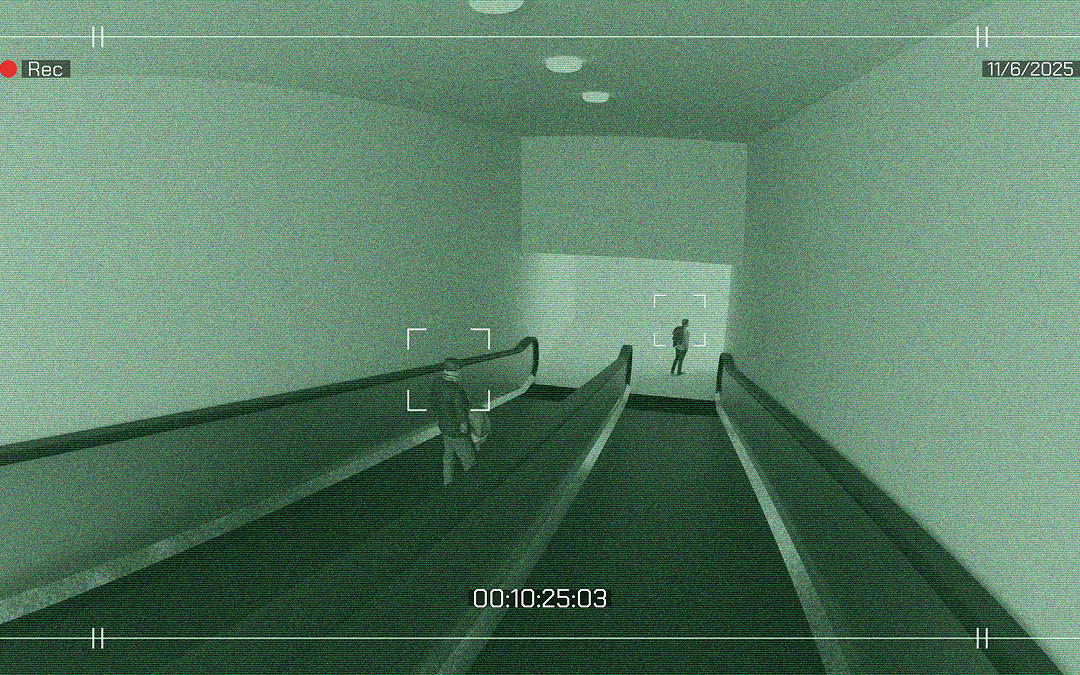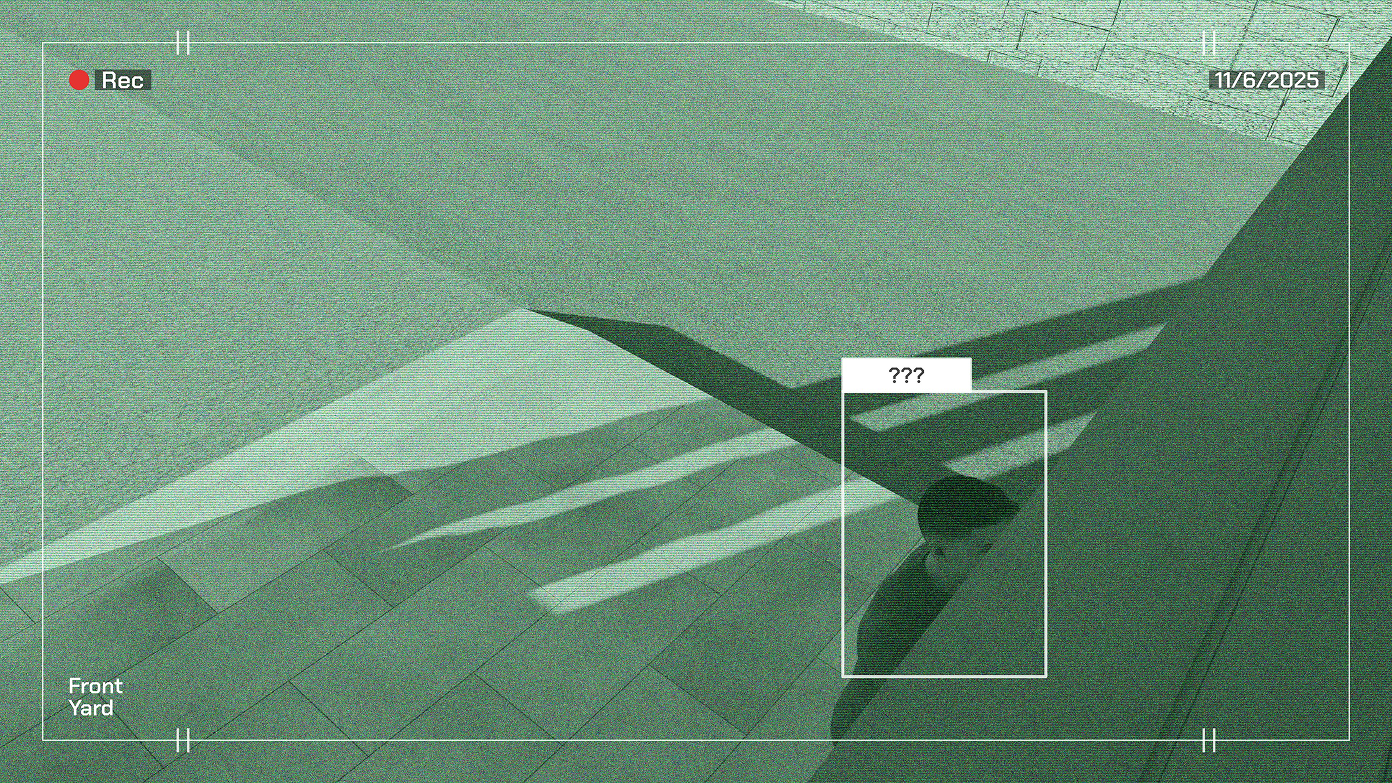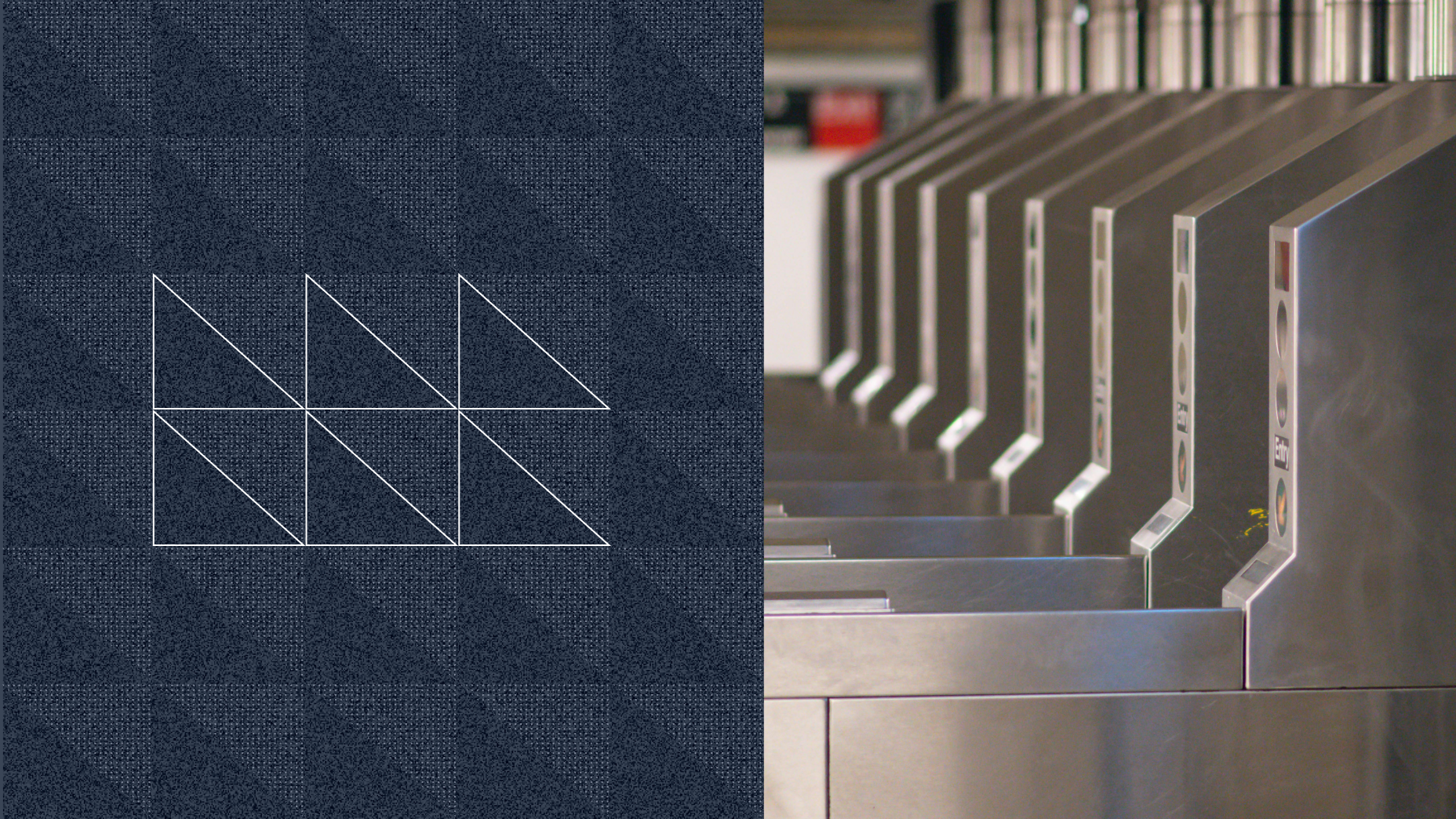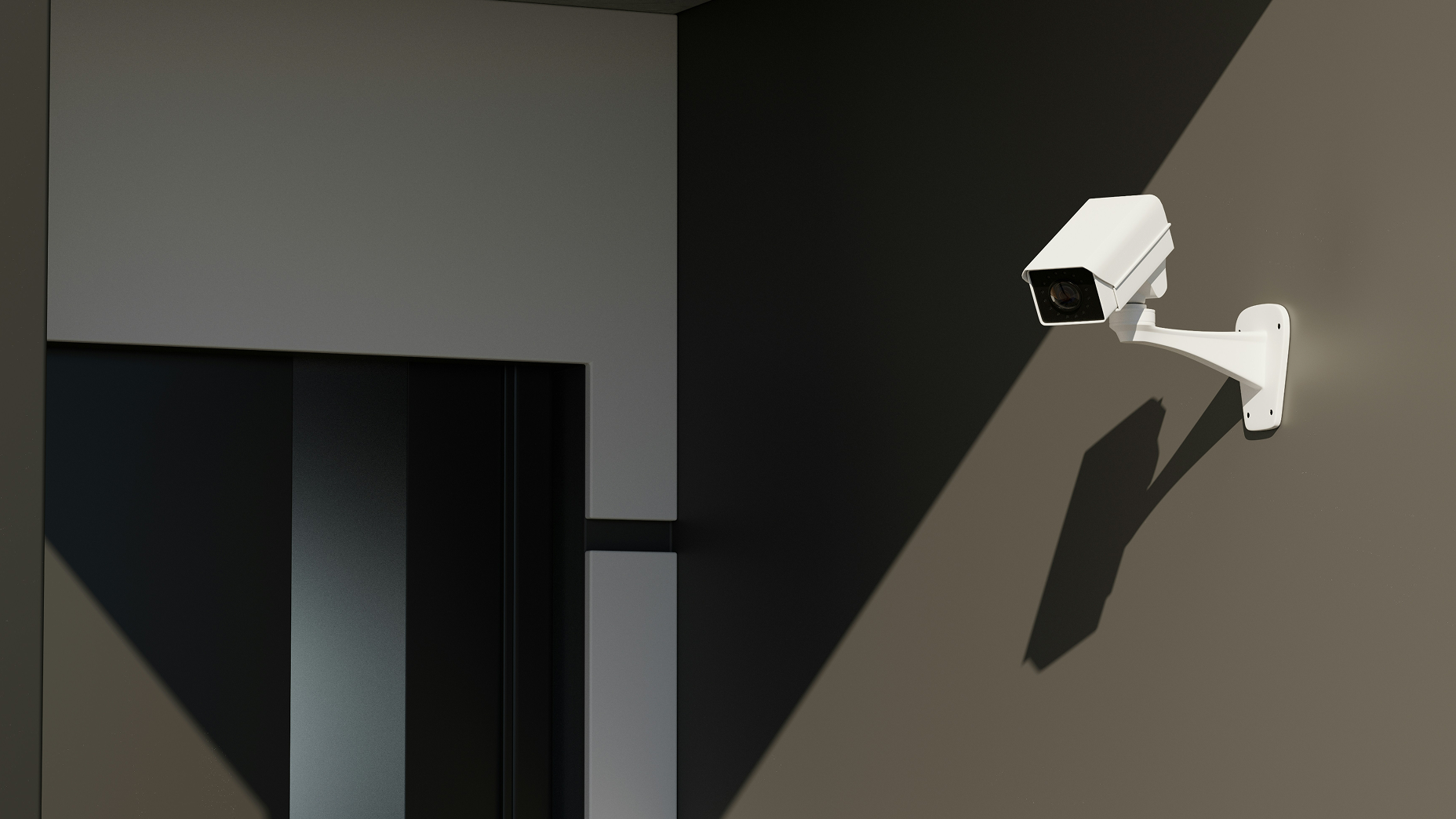Kuwait’s Ministry of Interior recently issued a strong public warning after foiling multiple attempts to hack surveillance cameras across the country. The Cybercrime Combating Department confirmed that unauthorized entities tried to access cameras installed in homes, businesses, and public institutions.
These incidents highlight a growing cybersecurity threat. According to official statements, the misuse of surveillance systems can violate personal privacy, compromise sensitive facilities, and even constitute criminal activity under Kuwaiti law.
Sources:

Why You Should Take This Seriously
While CCTV systems are widely used to protect assets, property, and people, unsecured devices can become an easy target for hackers. A compromised camera may allow remote viewing, tracking of occupants, or even access to internal networks—especially if the device is cloud-connected.
Authorities specifically warned:
- Many cameras remain accessible due to default passwords
- Some users install cameras in private spaces, violating privacy
- Inappropriate sharing of hacked footage may lead to legal prosecution
How Hackers Exploit Weak Cameras
The Ministry’s investigation highlights how attackers typically gain access:
- Devices left on default login credentials (e.g., admin/admin)
- Publicly exposed IP addresses with no firewall or NAT protection
- Lack of encryption in video streams
- Cameras installed in residential or private indoor spaces
- Unpatched firmware with known vulnerabilities
Practical & Technical Steps to Secure Your CCTV System
To protect your installation and comply with cybersecurity expectations, follow these actionable steps:
1. Change All Default Passwords
- Immediately update the default admin password on each device
- Use complex passwords (12+ characters, mixed case, numbers, symbols)
- Avoid reusing passwords across multiple devices
2. Disable Remote Access (Unless Strictly Needed)
- If remote access is required, use a VPN connection, not open port forwarding
- Disable Universal Plug and Play (UPnP) on routers, which can expose ports automatically
3. Regularly Update Firmware
- Check the camera manufacturer’s website for firmware updates
- Apply security patches promptly, especially after new vulnerabilities are disclosed
4. Encrypt Video Streams
- Ensure the device uses HTTPS for accessing the web interface
- For cloud-connected devices, confirm that the platform uses encrypted tunnels (TLS/SSL)
5. Restrict Access via Network Segmentation
- Place cameras on a dedicated VLAN isolated from the rest of the corporate or home network
- Use firewalls or routers to restrict IP access to known, approved devices
6. Audit and Monitor Logs
- Review access logs regularly for failed login attempts or remote logins
- Set up alerts for unusual access behavior
7. Avoid Installing Cameras in Private Indoor Spaces
- Never place cameras in bedrooms, bathrooms, or private offices
- Inform residents and staff where surveillance is active using signage
What the Law Says in Kuwait
The Ministry emphasized that both breaching cameras and sharing hacked footage are punishable under Kuwait’s cybercrime laws. Simply failing to secure a device may expose users to legal risk if it contributes to a privacy breach.
This applies to:
- Homeowners with unsecured cloud-connected cameras
- Businesses with improperly configured IP systems
- Facility managers who delegate access but don’t audit usage
Final Recommendations
With camera hacking attempts now a confirmed threat in Kuwait, every user—from homeowners to facility operators—must act.
- Review your existing installations immediately
- Apply all firmware and security updates
- Replace outdated or unsupported cameras
- Train staff on proper password management and device access
Need Help Securing Your System?
Aspire Security offers comprehensive CCTV health checks, system hardening, and advisory support to ensure your video surveillance network is safe, compliant, and private. Whether you're managing a small office or a large commercial site, we can help you minimize risk and maximize reliability.
Contact us today for a security audit or consultation.
Recommended SEO Keywords:
CCTV hacking Kuwait, surveillance camera cybersecurity, camera password security Kuwait, secure CCTV installation Kuwait, camera encryption, video surveillance hacking risk, cybercrime surveillance Kuwait, camera hacking prevention Kuwait

.png)







